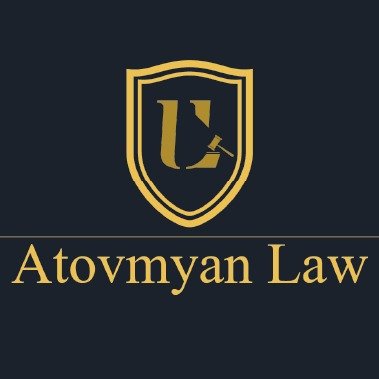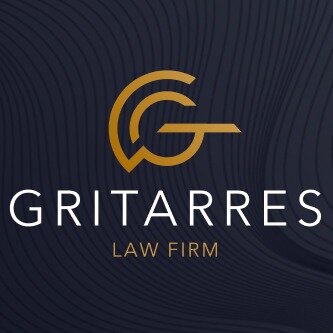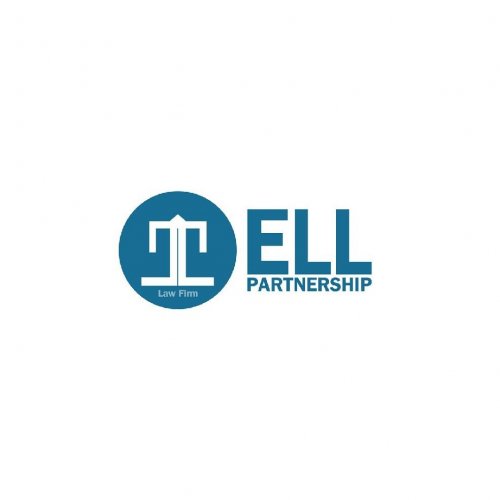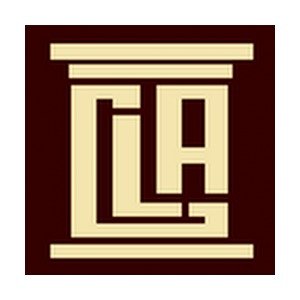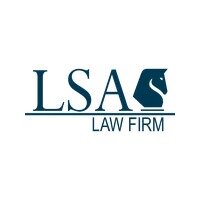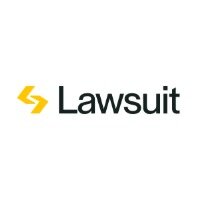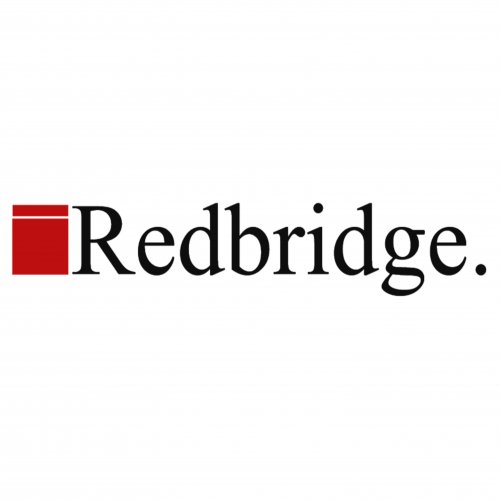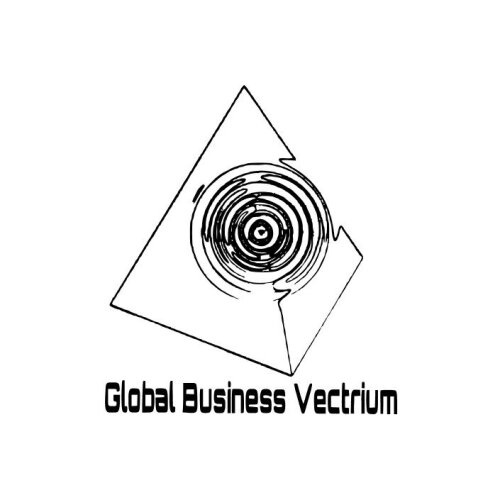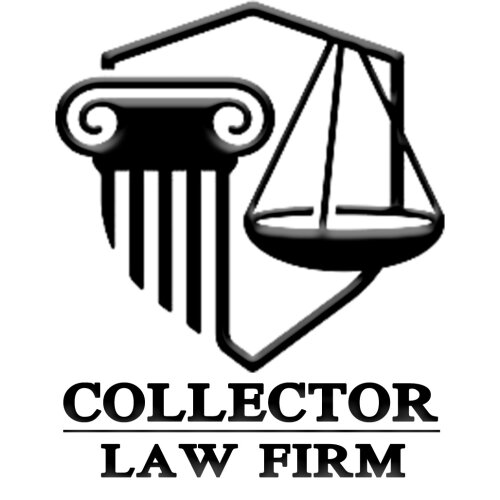Best FDA Law Lawyers in Yerevan
Share your needs with us, get contacted by law firms.
Free. Takes 2 min.
List of the best lawyers in Yerevan, Armenia
About FDA Law in Yerevan, Armenia
FDA Law refers to the body of legislation and regulations that govern the approval, production, distribution, and sale of foods, drugs, medical devices, and cosmetics. In Yerevan, Armenia, this legal field covers safety and quality standards, licensing procedures, labeling requirements, and compliance with both Armenian national law and applicable international standards. Oversight is typically provided by Armenian governmental agencies responsible for public health and safety, ensuring that products are safe, effective, and do not mislead or harm consumers.
Why You May Need a Lawyer
Navigating FDA Law can be complex due to the technical regulations, frequent updates, and stringent enforcement. You may require a lawyer in situations such as:
- Importing, exporting, or manufacturing food products, pharmaceuticals, or medical devices.
- Requesting product approval or registration with Armenian authorities.
- Responding to inspections or audits by regulatory agencies.
- Facing enforcement actions or fines for alleged non-compliance.
- Launching new cosmetics, supplements, or therapeutics in the market.
- Managing product recalls or safety issues.
- Disputes related to intellectual property or counterfeit goods.
- Handling consumer complaints or product liability matters.
- Drafting or reviewing contracts with distributors or suppliers.
- Understanding cross-border regulatory requirements for companies operating internationally.
Local Laws Overview
In Armenia, FDA Law is largely shaped by the following legal instruments and regulatory bodies:
- The Law on Food Safety - Governs standards for the safety, quality, labeling, and packaging of food and related products.
- The Law on Medicines - Regulates the manufacturing, licensing, import, and distribution of pharmaceuticals and medical devices.
- The Ministry of Health - Primary authority for pharmaceutical and medical device regulation.
- The Food Safety Inspection Body - Oversees food quality, hygiene, and consumer protection.
- Customs Regulations - Outline the import and export procedures for FDA-regulated products.
Local law also incorporates international standards where applicable, especially for goods imported from or exported to the Eurasian Economic Union or European Union member states. Recent reforms have aimed to harmonize Armenian FDA Law with global best practices.
Frequently Asked Questions
What is the process for registering a new pharmaceutical product in Armenia?
New pharmaceuticals must be registered with the Ministry of Health. The process requires submitting detailed technical documentation, clinical trial data, certificates of origin, labeling samples, and proof of quality control. Upon approval, the product is entered into the national registry and can be marketed legally in Armenia.
What agency regulates food products in Yerevan?
The Food Safety Inspection Body is the primary authority regulating food products, ensuring they meet quality, safety, and labeling requirements under Armenian law.
Do imported medical devices need to be registered in Armenia?
Yes, all medical devices intended for sale or distribution in Armenia must be registered with the Ministry of Health, even if they are approved in other countries.
Are there specific labeling requirements for food and drugs?
Yes, Armenia mandates clear labeling in Armenian language, listing ingredients, allergens, expiration dates, manufacturer details, storage instructions, and, for drugs, proper usage information.
How does Armenia handle product recalls?
If a product poses health or safety risks, the relevant authority can issue a product recall. The manufacturer or importer is responsible for removing the product from circulation and informing the public and retailers.
Can supplements be marketed as medicines in Armenia?
No, dietary supplements must not be marketed as medicines or claim to cure, treat, or prevent diseases unless approved as pharmaceuticals by the Ministry of Health.
What are the penalties for non-compliance with FDA regulations?
Penalties can include fines, suspension or revocation of licenses, confiscation of products, and, in serious cases, criminal prosecution.
Do I need special approval to import FDA-regulated products?
Yes, importers must obtain permits and ensure all products meet Armenian safety and quality standards before clearing customs.
How are counterfeit or unregistered products handled?
Authorities may seize, destroy, or prohibit the sale of counterfeit or unregistered products. Violators can also face legal action.
Is it possible to appeal agency decisions regarding product approvals?
Yes, decisions by regulatory bodies can be legally challenged in administrative courts if there are grounds to believe the decision was unlawful or unfounded.
Additional Resources
If you need more information or wish to consult directly with relevant bodies, the following resources may be helpful:
- Ministry of Health of the Republic of Armenia
- Food Safety Inspection Body
- Ministry of Economy (for customs and import regulations)
- Armenia Pharmacists Association
- Chamber of Commerce and Industry of Armenia
- National Center for Disease Control and Prevention
- Licensed local law firms specializing in healthcare and regulatory law
Next Steps
If you require legal assistance in FDA Law in Yerevan, Armenia, start by gathering all relevant documents related to your issue, such as product registrations, inspection reports, correspondence with authorities, or contracts. Identify the specific area of concern, whether it involves food safety, pharmaceuticals, medical devices, or cosmetics. Once you have your documentation, consider consulting a qualified attorney familiar with FDA Law and Armenian regulations. An experienced lawyer can assess your case, explain your rights and obligations, represent you in dealings with regulatory authorities, assist with compliance, and defend you if enforcement actions are initiated. Acting proactively can help you avoid costly penalties and ensure that your products or operations are fully compliant with local laws.
Lawzana helps you find the best lawyers and law firms in Yerevan through a curated and pre-screened list of qualified legal professionals. Our platform offers rankings and detailed profiles of attorneys and law firms, allowing you to compare based on practice areas, including FDA Law, experience, and client feedback.
Each profile includes a description of the firm's areas of practice, client reviews, team members and partners, year of establishment, spoken languages, office locations, contact information, social media presence, and any published articles or resources. Most firms on our platform speak English and are experienced in both local and international legal matters.
Get a quote from top-rated law firms in Yerevan, Armenia — quickly, securely, and without unnecessary hassle.
Disclaimer:
The information provided on this page is for general informational purposes only and does not constitute legal advice. While we strive to ensure the accuracy and relevance of the content, legal information may change over time, and interpretations of the law can vary. You should always consult with a qualified legal professional for advice specific to your situation.
We disclaim all liability for actions taken or not taken based on the content of this page. If you believe any information is incorrect or outdated, please contact us, and we will review and update it where appropriate.




